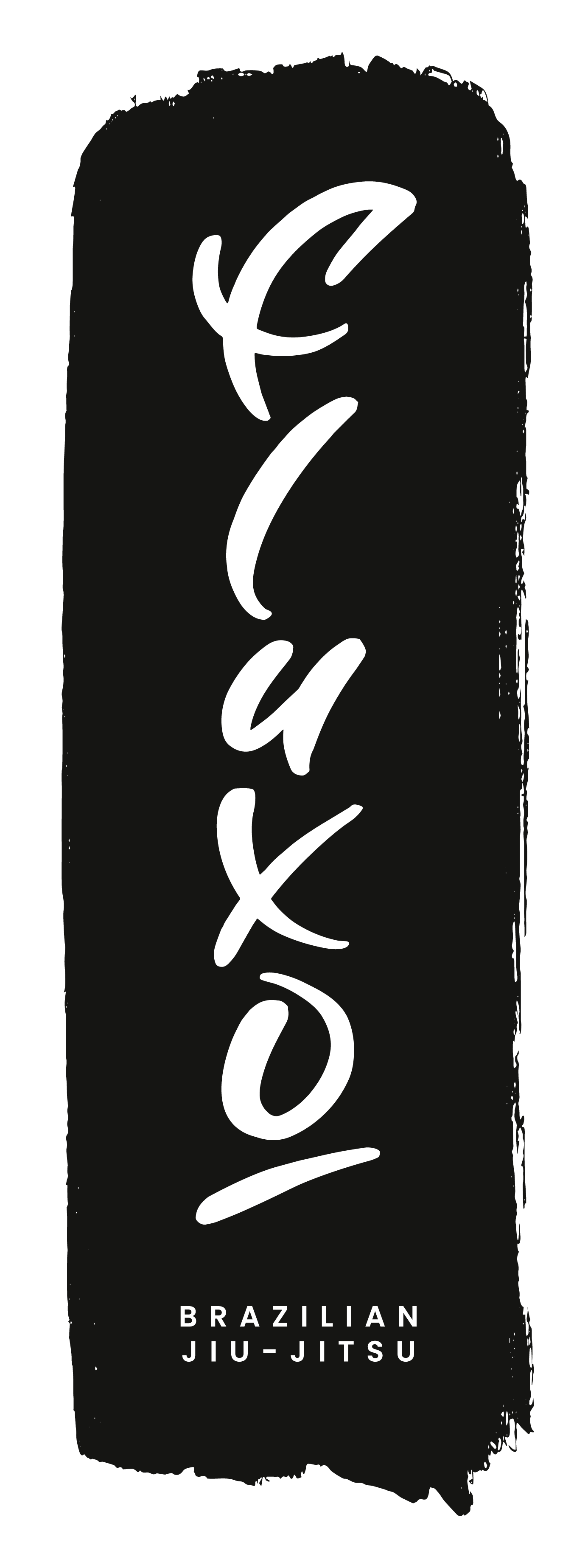Being a good training partner will make your Jiu Jitsu better
Training jiu jitsu requires us to work in pairs to learn and grow. Finding a great training partner can really accelerate your learning, motivate you, and keep you having fun while you train. Here are a few key elements to remember so that everyone wants to train with you!
1. Personal hygiene- With the extreme close contact between students this should already be a rule in your jiu jitsu school but it's worth touching on. Wear clean training gear (I.e. kimono, rash guard and or shorts.) Shower if you can before you come to class. Brush your teeth, wear deodorant and try not to have any offensive odours. Trim your nails before you come to class, not on the side of the mat. Remember, wash your gear after every practice!
2. Communicate clearly - Before sparring decide on how hard you both want to go. Competition training speed is very different than light sparring and flow rolling. It is a good idea to let the lower belt decide how hard to go because they cannot always match the pace of the upper belt.
3. Respect the agreement! It's very common for students training to say they want to go light and then come at you like it's the finals in World Championships. If you say you are going light, it doesn't mean go light until you start loosing. Students build trust when you stick to what you said you would do.
4. Respect the tap. Everyone wants to train with the best guys on the mat, but no one wants to get hurt. Going slow when you apply a submission and letting go when you opponent taps is another way to build trust and make your partner feel safe. If you don't they may not feel comfortable rolling hard for fear of injury.
5. Don't go too hard in drilling. When you learn a new move, you need to be able to learn the steps and execute it on your partner. If your partner gives you too much resistance this will make it hard for you to perform the technique correctly. A lot of times someone will resort to using strength and speed to try to accomplish the goal instead of technique. It can also be demotivating for a student to not be able to do the move even in a drill.
6. Don't go too easy when you drill. If you offer no resistance and are flopping and falling all over your partner when they try to do the move you are not helping. The moves in jiu jitsu are all for specific scenarios and require a specific response. If you don't give your partner the proper reaction and just lay there like a corpse this becomes too far from reality based training.
7. Use "just right" resistance when drilling. Proper resistance is when a student is challenged trying to do the technique but is able to accomplish the move. It's making your partner work and mimicking realism while you slowly increase resistance to find that sweet spot.
8. Work on controlling your emotions. Students should feel comfortable and safe with training partners. When someone gets really mad, upset, or makes a big celebration out of getting the tap, this can detract from a good round of sparring. Make people trust you by being emotionally calm when you train. Emotional regulation is something all jiu jitsu athletes should be working on as emotions and logic are like oil and water. This is best done when we keep our egos in check.
9. Be happy to train with them! Training is fun and should be treated as such. Show and express appreciation and gratitude for your training partners by bowing, shaking hands and verbally thanking them.
10. Have fun! Always approach training with a positive attitude and try to leave your mental baggage on the side of the mat. Having fun is contagious and your training partners will enjoy training more just because of your attitude.
11. Offer feedback. If its appropriate, try to give your training partners feedback on your experience training with them. Don't just criticize them. Make sure you tell them what they are doing well not just what they can improve on. Feedback is best done after the roll, so that you don't take away from your rolling time.
12. Stay focused! Training time is sacred time! Resist the urge to talk about non training topics while you are on the mat. This is not always easy as we can make lots of friends in jiu jitsu that we only see on the mat. Spend time before class and after class socializing with your team. Hanging out with your teammates after a great training session is one of the best bonding moments with your team. However, stay on task and don't distract your partner when they are trying to improve and your should be also.
By embodying these principles, you not only enhance your Jiu Jitsu journey, but also contribute to a thriving and inclusive training environment. Remember, being a good training partner is as important ad being a skilled practitioner in Jiu Jitsu.
